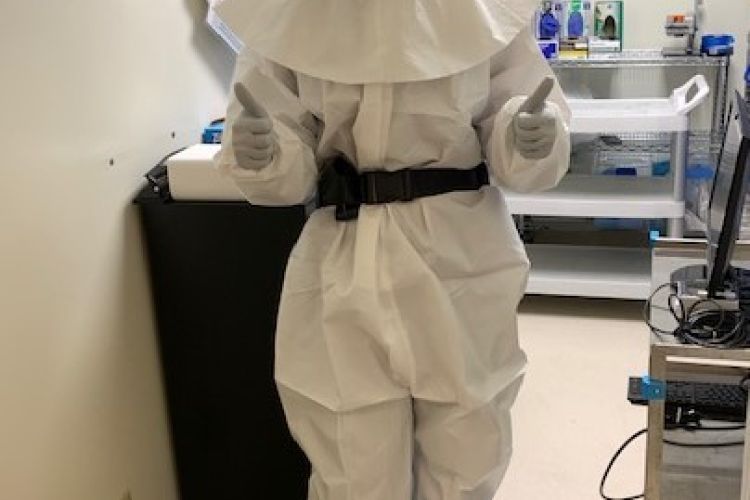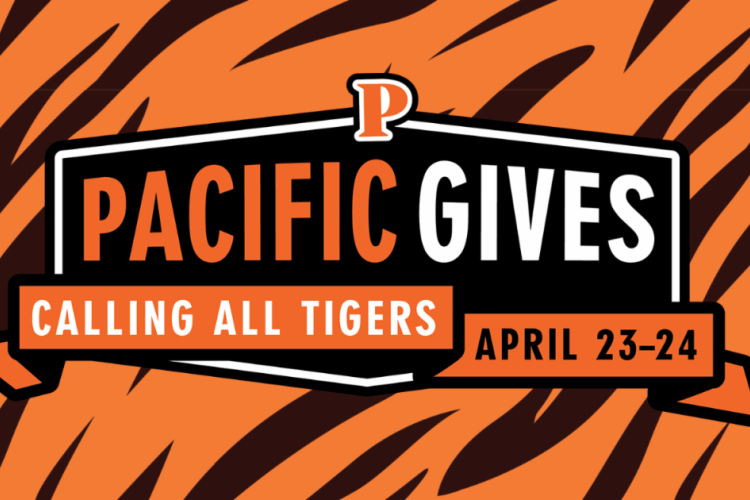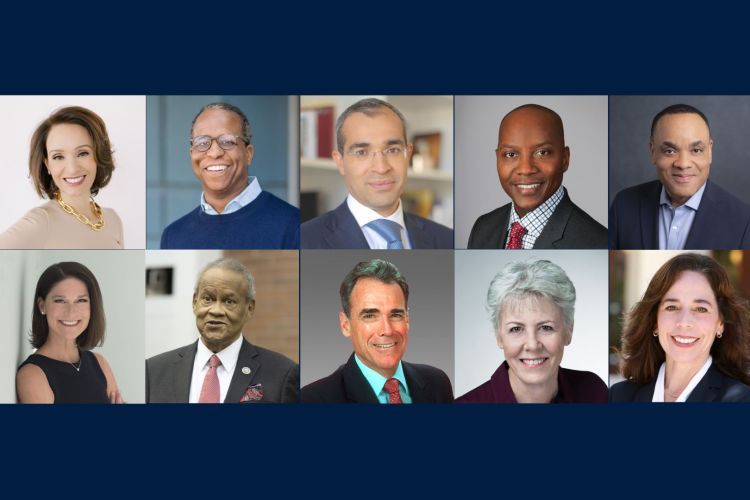Breadcrumb
From field hockey to the lab: Pacific graduate now works on COVID-19 vaccine

Dr. Sasha Larsen Akins at her lab in Seattle
Dr. Sasha Larsen Akins calls a pivotal moment in her career “my Shakespearean story.”
Two days before Thanksgiving in 2019, Larsen Akins (’09 ’11 Biological Science) was one of 40 employees who lost their jobs at a Seattle infectious disease laboratory after a change in management.
A scant few months later, Larsen Akins and 27 of her colleagues were working for their new employer, the Center for Global Infectious Disease Research at the Seattle Children’s Research Institute.
One of their new projects was a clinical trial for the Moderna vaccine, one of the current linchpins for taking control of the COVID-19 pandemic.
“For the Moderna study, our role was processing tons and tons of samples weekly and getting them shipped out so that they could be evaluated by our group and by other groups,” she said. “We are part of what is called a Vaccine and Treatment Evaluation Unit, or VTEU.”
Larsen Akins said there is a “very collaborative and cooperative” approach from the many laboratories working on vaccines which will, hopefully, bring the pandemic under control.
“You are really rooting for one another. Early on, there was talk about preferring one vaccine over another. I have to tell you, the vaccine community does not feel that way,” she said. “We need four or five of these vaccines to have high efficacy."
“Take me as an example. While we worked with samples from the Moderna study, I received the Pfizer vaccine because it was the first available to me. We are just getting started. It is exciting to be part of the process.”
Crediting her science education at Pacific
Larsen Akins, who grew up near San Diego and played field hockey at Pacific, says she would not have been able to attend the university without her athletic scholarship. The former Pacific field hockey program played in a conference with many East Coast teams.
“There was a lot of travel involved. I got accustomed to taking exams in hotel lobbies,” Larsen Akins said. “Unfortunately, with all of that travel, I did not get much of an opportunity as an undergraduate to work on lab projects and research.”
That changed significantly when Larsen Akins started her graduate studies at Pacific. She worked with biological sciences professors Joan Lin-Cereghino and Geoffrey Lin-Cereghino on a variety of research projects.
“I wanted more lab experience before I decided what my graduate school experience was going to be. I started working with Joan Lin-Cereghino and Geoff Lin-Cereghino and it was so rewarding,” she said. “I learned so much and I could not have asked for better mentors at that stage in my education. I have had nothing but positive mentors ever since. I also worked at the San Joaquin County Mosquito and Vector Control District, which was a great experience.”
Joan Lin-Cereghino and Geoff Lin-Cereghino fondly remembered working with Larsen Akins in her time at Pacific.
“There is this quality of a fierce woman, and that was Sasha. Many times in science you are working on something new that ultimately is going to fail. But she never gave up,” said Joan Lin-Cereghino, who now is vice provost for faculty affairs. “Her leadership skills helped in her master’s program because, in addition to your studies, you have to teach, you have to do research, and she also held a job on the side. She was a great teaching assistant and a wonderful model for undergrads.”
“She was the captain of the field hockey team and she was a leader in the lab, too,” Geoffrey Lin-Cereghino said. “She was so persistent and had such fortitude. She would often be the first person to try out a lot of techniques, and the other students would follow. She was a trailblazer.”
Larsen Akins earned her Ph.D. in Emerging Infectious Diseases from the Uniform Services University of the Health Sciences in Bethesda, Maryland. This is a military medical school that has a small civilian program. The school is located near the Walter Reed National Military Medical Center and the National Institutes of Health.
“So you can imagine that on Monday we would have expert X come in to talk to us and on Tuesday we would have Expert Y,” Larsen Akins said. “It was like an all-star, rock star lineup for our lectures. I had such great mentors, especially my PI (principal investigator) Dr. Andrew Snow, and the school had amazing resources.”
Back to the West Coast
Larsen Akins said it was important for her to find a “strong, woman mentor who supports both career and starting a family.” She found that mentor in Dr. Rhea Coler, who led a close-knit group of scientists at the Infectious Disease Research Institute in Seattle.
“I joined her lab in 2016 and it was such a positive move,” Larsen Akins said. “She is very well known and respected in the field. I knew I could learn from her, and I knew she would be supportive of my career and family goals. She is an incredible individual.”
Her husband is Cole Akins ’09, who was a pitcher on Pacific’s baseball team. He played some minor-league baseball and currently is a freelance screenwriter. They have one son, “almost-three-year-old” Graham.
Coler and Larsen Akins were among the 27 people hired by the Center for Global Infectious Disease Research at the Seattle Children’s Research Institute after their jobs were cut at the previous lab. That has led to good continuity for new challenges – including the work on one of the Moderna vaccine trials.
Larsen Akins gets peppered with questions when friends, acquaintances and others hear that she is working on a COVID-19 vaccine. She appreciates the queries.
This has spilled over into her social media accounts. Larsen Akins said once each week she does a vaccine question and answer session on her Instagram account.
“That has been incredibly rewarding. Many people are now starting to reply and send me messages with pictures of their vaccination cards saying I helped them make that decision. It’s quite humbling to think opening myself up, even this small bit, has been helpful,” she said.
“The main question I get is ‘should I take it?’ People call me or text me and ask if it’s safe. Being clear and open to what people question helps to cancel out misinformation – which unfortunately is very prevalent. It is an important part of the process. I tell people that it’s OK to ask those questions. It is important to keep people at the table. I would prefer to see everyone vaccinated. But it is a decision people must make."




